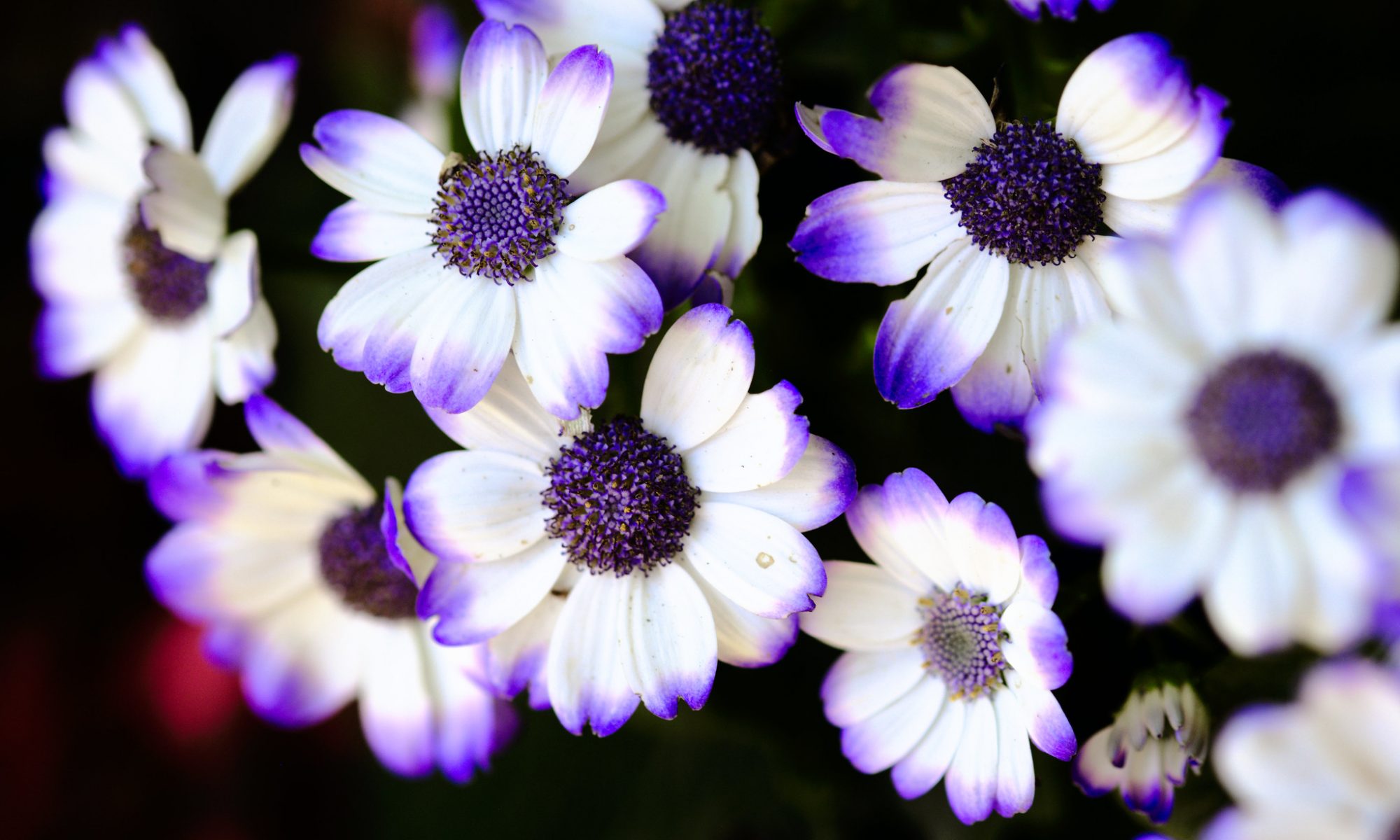This article originally appeared on Geek Feminism.
Whenever I go through the linkspam, there’s often a news item that becomes a linkswarm of sorts. This time it’s the game (note: violent imagery at link, although hardly extraordinary by game standards) Hey Baby by LadyKillas.
Here’s some perspectives on the game, which has a woman protagonist able to shoot men after verbal harassment. Many players read it as more of a teaching tool or conversation starter about harassment than an entertaining game:
- Leigh Alexander, You Look Nice, Miss:
My favorite catcall in the ‘Hey Baby Game’? “Smile for me, baby.” It fills me with rage that a stranger on the street feels at liberty to demand that I smile. I smile when I feel like it, and I sure as shit don’t want to do it for you, buddy… So someone’s made a game that’s an outlet for that rage, that wants us to discuss that rage.
- Jessica Wakeman, “Hey Baby”: Women Kill Men Who Sexually Harass Them In New Video Game:
Is the idea of women shooting at sexual harassers in real life disturbing? Sure… But “Hey Baby” the game is peanuts compared to the violent, misogynistic video games that people have been playing for decades, so I’m more upset about that than this.
- Kieron Gillen, The Proposition: So, Hey Baby Then”¦:
Okay: the game isn’t about mowing down men. It’s about male privilege and what male privilege feels like.
- Seth Schiesl, A Woman With the Firepower to Silence Those Street Wolves:
Yet over several hours my initial alienation and annoyance gave way to a swelling appreciation of Hey Baby, not as a game but as a provocative, important work of interactive art as social commentary… The men cannot ever actually hurt you, but no matter what you do, they keep on coming, forever. The game never ends.
- Sarah, Hey Baby Hey Baby Hey:
… what Schiesel said resonated: would a non-interactive medium have been able to translate to men as viscerally what it’s like to feel unsafe in the streets at all times?
I have to confess, my reaction has more than a dash of “but won’t this just alienate men?”, but I’m examining that reaction with my “feminism isn’t a PR-friendly outreach movement to men” cap on as well. What do you think? (No denying or diminishing other people’s experiences of harassment please.)
